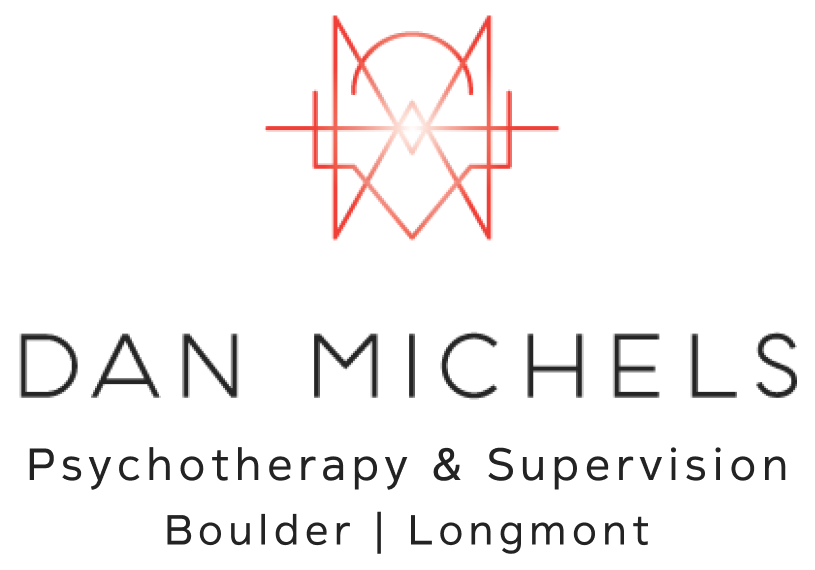Hakomi is a mindfulness-based, somatic, experiential form of psychotherapy. It is a methodology designed to uncover and explore unconscious core beliefs that guide our lives without our awareness. Using mindfulness we can learn how to witness thoughts, emotions, memories and bodily sensations without judgment and in a loving, compassionate presence. Hakomi encourages and facilitates a sustained inward focus of attention and heightened sensitivity to present moment experience. Hakomi practitioners typically conduct experiments while in mindfulness to elicit experiences that will illuminate core material. Many of these experiments focus on bodily sensations and somatic response.
Core beliefs refer to memories, neural patterns, images, beliefs and powerful emotional dispositions. They can exert influence by organizing the major themes of life such as our sense of belonging, worthiness, support, safety, love, responsibility etc. Some of this material can help support us in ways that have a positive impact while they can also be limiting. For example, I have a number of core beliefs around receiving help or feeling like I have to do everything myself. These can show up as “I don’t trust anyone,” “I don’t trust people to take care of me,” “I am on my own” etc. These core beliefs have provided my life with a lot of positivity and success. There are things about myself in that area that I really like about myself. I am very self sufficient and I take care of myself very well. At the same time, it also limits me in a variety of ways such as preventing me from asking for help and allowing other peoples’ care and nurturance in. As long as these beliefs are kept unconscious and unexplored they will continue to affect me in a negative and limiting way. The Hakomi method is a system that will uncover and explore this core material to help intentionally create our own vision of health and wholeness.
